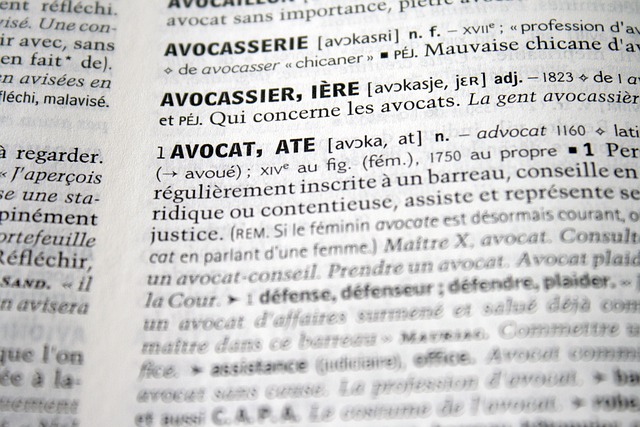Child support forms a crucial aspect of parenthood, encompassing both rights and responsibilities. It involves financial contributions to cater to a child's basic needs and well-being, with an emphasis on access to healthcare, education, and a stable environment. Understanding child support means recognizing parents' legal duties to provide for their children, while also considering parental involvement in significant decisions. The key lies in fulfilling obligations to ensure children's well-being, including financial and emotional support. By comprehending child support rights and parental obligations, parents can foster a harmonious environment conducive to the child's development. This process involves assessing financial resources, determining support amounts, and making adjustments based on life transitions, all while prioritizing the child's best interests.
Understanding child support is crucial for parents and children alike. This comprehensive guide offers an in-depth overview of child support rights and responsibilities, shedding light on key aspects such as the basic concept, legal duties, and the influence of various factors on support decisions. From a child’s entitlements to enforcing agreements, this article equips readers with essential knowledge about parental obligations and their implications. By delving into these topics, we aim to foster a clearer understanding of the intricate dynamics of child support.
- Understanding Child Support: A Basic Concept
- Legal Duties and Responsibilities of Parents
- Rights of Children in Relation to Support
- Factors Influencing Child Support Decisions
- Enforcing and Modifying Child Support Agreements
Understanding Child Support: A Basic Concept

Child support is a fundamental aspect of parenthood, encompassing both rights and responsibilities. It refers to the financial contribution made by parents or guardians to ensure their child’s well-being and basic needs are met. This obligation exists regardless of marital status and is considered a legal duty. Understanding child support involves recognizing the rights of children to receive financial backing from both parents and the corresponding responsibilities of parents to provide for their offspring.
In the context of child support rights and responsibilities, it’s crucial to grasp that these obligations are not just about money but also include ensuring access to healthcare, education, and a stable environment. Parents have the right to know and be involved in significant decisions regarding their child’s life while simultaneously having legal duties to contribute financially and make important choices that impact their offspring’s future.
Legal Duties and Responsibilities of Parents

Parents have a fundamental responsibility to provide for their children’s well-being and development. This includes both financial and emotional support. In the context of child support rights and responsibilities, understanding one’s legal duties is paramount. Parents are legally obligated to contribute to their children’s upbringing, ensuring they have access to the necessary resources for growth and education. This obligation extends beyond financial means; it encompasses a range of activities that foster a stable and nurturing environment.
When discussing support responsibilities, parents must be aware of their parental obligations. These include providing food, clothing, shelter, medical care, and emotional nourishment. The law expects both parents to participate in these duties, regardless of their marital status or living arrangements. An understanding of child support rights and the fulfillment of these legal duties are crucial steps towards creating a harmonious and supportive environment for children to thrive.
Rights of Children in Relation to Support

Children have inherent rights when it comes to financial support from their parents or guardians. These rights are established by law and aim to ensure a child’s well-being, stability, and access to opportunities. Child support rights include the provision of basic necessities such as food, clothing, shelter, education, and healthcare. It is a legal duty for both parents, whether together or apart, to contribute to their child’s financial needs. Understanding these rights is crucial for both children and parents to navigate their support responsibilities effectively.
In many jurisdictions, the obligations surrounding child support are outlined in legislation, defining the legal duties of parents. This often involves setting guidelines for calculating support amounts based on income, ensuring fairness and proportionality. Parents have a shared responsibility to fulfill these obligations, promoting the overall development and upbringing of their children within a supportive environment.
Factors Influencing Child Support Decisions

When determining child support, several factors come into play, shaping the legal duties and support responsibilities of each parent. At its core, the primary consideration is the best interest of the child. This involves assessing the financial resources of both parents and their ability to provide for the child’s basic needs, including food, shelter, clothing, and education. The court will evaluate income, employment status, and any assets or debts to calculate each parent’s contribution towards support.
Parental obligations regarding child support extend beyond financial contributions. It also involves ensuring stability and continuity in the child’s life. This includes maintaining open lines of communication and fostering a positive relationship with both parents, especially if they are separated or divorced. Understanding these factors is crucial for navigating child support rights and responsibilities, providing a clear overview of each parent’s legal duties to their offspring.
Enforcing and Modifying Child Support Agreements

When it comes to child support rights and responsibilities, enforcing and modifying agreements is a crucial aspect of ensuring a child’s well-being and financial security. Both parents have legal duties support their offspring, and these obligations should be understood clearly to avoid disputes. A signed agreement outlines the terms of support, including the amount, frequency, and methods of payment. However, life circumstances change, and so do the needs of a growing child.
Modifying a child support agreement is a legal process that allows for adjustments based on significant shifts in income, employment status, or the child’s expenses. It’s essential to approach this process with parental obligations in mind, ensuring the child receives the necessary financial support. Parents should communicate openly and consider mediation if disagreements arise regarding modifications. This proactive approach fosters a healthier understanding of child support rights and promotes a stable environment for the child.






